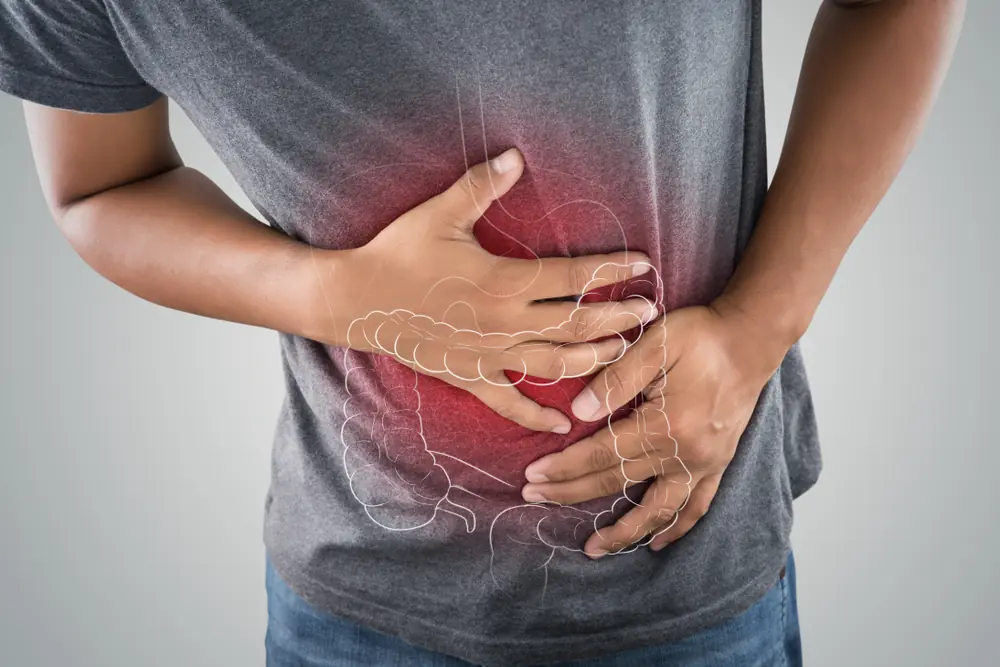
Foamy Urine: Here’s Why You Have Bubbles in Your Urine
Other Potential Causes of Foamy Urine
Aside from the most common reasons, there are a few other factors that might contribute to the presence of foam in your urine. While these causes are less common, they are still worth considering if you experience persistent foamy urine.
Medications and Supplements
Certain medications and dietary supplements can affect the composition of your urine, sometimes leading to a foamy appearance. For example, high doses of vitamin C, certain antibiotics, or medications that impact kidney function may alter urine’s consistency.
If you've recently started taking a new medication and notice that your urine has become frothy, check with your doctor or pharmacist to see if it could be a side effect.
High-Protein Diet
Eating a diet high in protein—especially from sources like red meat, eggs, or protein shakes—can sometimes result in foamy urine. This happens because excessive protein intake puts more strain on the kidneys, leading to a temporary increase in protein levels in the urine.
If you notice foamy urine after consuming a high-protein meal, it may help to balance your diet with adequate fiber, healthy fats, and hydration.
Strenuous Exercise
Intense physical activity can lead to a condition called exercise-induced proteinuria. During prolonged or high-impact workouts, the kidneys may temporarily release more protein into the urine, leading to foaminess.
According to research in the Journal of the American Society of Nephrology, this effect is usually short-lived and should resolve with rest and proper hydration. However, if foamy urine persists even on rest days, it may be worth discussing with a healthcare professional.
Semen in Urine (Retrograde Ejaculation)
In men, a condition called retrograde ejaculation can cause foamy urine. This occurs when semen flows backward into the bladder instead of exiting through the urethra during ejaculation. When the semen mixes with urine, it can make the urine appear frothy.
Retrograde ejaculation is sometimes linked to conditions such as diabetes, prostate surgery, or nerve damage. While it is not necessarily harmful, it may affect fertility, so men experiencing this symptom should speak with a doctor.
How to Reduce Foamy Urine
If your foamy urine is caused by dehydration, stress, diet, or rapid urination, there are simple ways to address the issue:
-
Stay Hydrated – Drink plenty of water throughout the day to maintain optimal kidney function and prevent urine from becoming too concentrated.
-
Reduce Stress – Practicing relaxation techniques, such as meditation or breathing exercises, can help lower stress-related proteinuria.
-
Monitor Your Diet – A balanced diet with moderate protein intake can help prevent excessive protein excretion in urine.
-
Practice Good Bathroom Habits – Avoid holding in urine for too long, as this may increase pressure on the bladder, leading to rapid urination and foaminess.
If foamy urine is persistent and accompanied by other symptoms such as swelling, fatigue, high blood pressure, or changes in urinary frequency, it's essential to consult a doctor. A urine test can determine if there is proteinuria or an underlying kidney issue requiring medical attention.
Final Thoughts
While occasional foamy urine is usually harmless, persistent or worsening symptoms should not be ignored. Paying attention to other health indicators—such as urine color, hydration levels, and overall well-being—can help you determine when to seek medical advice. By maintaining a healthy lifestyle and staying informed, you can take proactive steps to support kidney and urinary health.
News in the same category


How to Treat H. Pylori Bacteria Causing Heartburn and Bloating + Natural Remedies

8 Ways To Get Rid Of Phlegm And Mucus In Chest And Throat

After A 49-Year-Old Father Of Two Passes Away, There Is An Urgent Warning For All Pet Owners Who Allow Their Dogs To Lick Them

8 of the Best Anti-Cancer Foods. It’s Time to Start Adding Them to Your Diet

Getting Annoyed By Chewing Sounds Is a Genuine Psychiatric Disorder

5 Concerning Red Flags That May Signal Colon Cancer

Risk Of Prostate Cancer Increases By 45% In Men Who Share This Common Practice

End-of-life nurse shares the most disturbing behaviors seen in those nearing death

**Say Goodbye to Skin Tags and Warts: Easy Removal with Hydrogen Peroxide**

What Does It Signify When You Dream of a Deceased Loved One?

8 Fruits That Can Harm People with Kidney Disease

The #1 Most Powerful Remedy in the World

Watermelon Seed Tea: A Natural Remedy for Health & Wellness

12 Amazing Health Benefits of the Stonebreaker Plant You Shouldn’t Miss

The Top 10 Causes of Premature Aging of Your Face and Skin

Just one hour of doomscrolling in bed can have devastating consequences on your health

Doctor Warns Against This One Thing If You Wake Up at Night

Many Confuse This Plant with a Weed, But It’s Actually Full of Surprising Health Benefits

Doctors warn about permanent damage caused by new beauty trend causing people to resemble reptiles
News Post

Man with severe anger issues breaks down in tears after seeing what radiologist found in scans of his brain

Incredible location for a lighthouse perched on a rock in Iceland’s wild surf

Drought Reveals “Spanish Stonehenge” Older Than the Pyramids.

Mystical Seabed Art: The Puffer Fish’s Elaborate Mating Rituals Unveiled

Olympus Mons: The largest volcano in the solar system

I transferred the car to my mother so that you wouldn’t get it in the divorce,” Artem sneered with a smirk. But Polina only smiled, knowing exactly how to outplay him

10 Things You Should Do When Checking Into a Hotel Room

"What If Pangea Still Existed? A Fascinating Look at Our Ancient Supercontinent"

How to Treat H. Pylori Bacteria Causing Heartburn and Bloating + Natural Remedies

My Father Told Me to Shower with a Special Soap – When My Boyfriend Discovered the Truth, He Broke Down in Tears

8 Ways To Get Rid Of Phlegm And Mucus In Chest And Throat

The Growing Threat of Space Debris: Managing Earth’s Crowded Orbit

After A 49-Year-Old Father Of Two Passes Away, There Is An Urgent Warning For All Pet Owners Who Allow Their Dogs To Lick Them

8 of the Best Anti-Cancer Foods. It’s Time to Start Adding Them to Your Diet

Getting Annoyed By Chewing Sounds Is a Genuine Psychiatric Disorder

5 Concerning Red Flags That May Signal Colon Cancer

AM I WRONG TO BE ANGRY THAT MY 71-YEAR-OLD MOM SPENT MONEY ON A TRIP INSTEAD OF HELPING ME PAY MY BILLS?

Risk Of Prostate Cancer Increases By 45% In Men Who Share This Common Practice

A wounded veteran picks up trash, as people whisper behind me.
